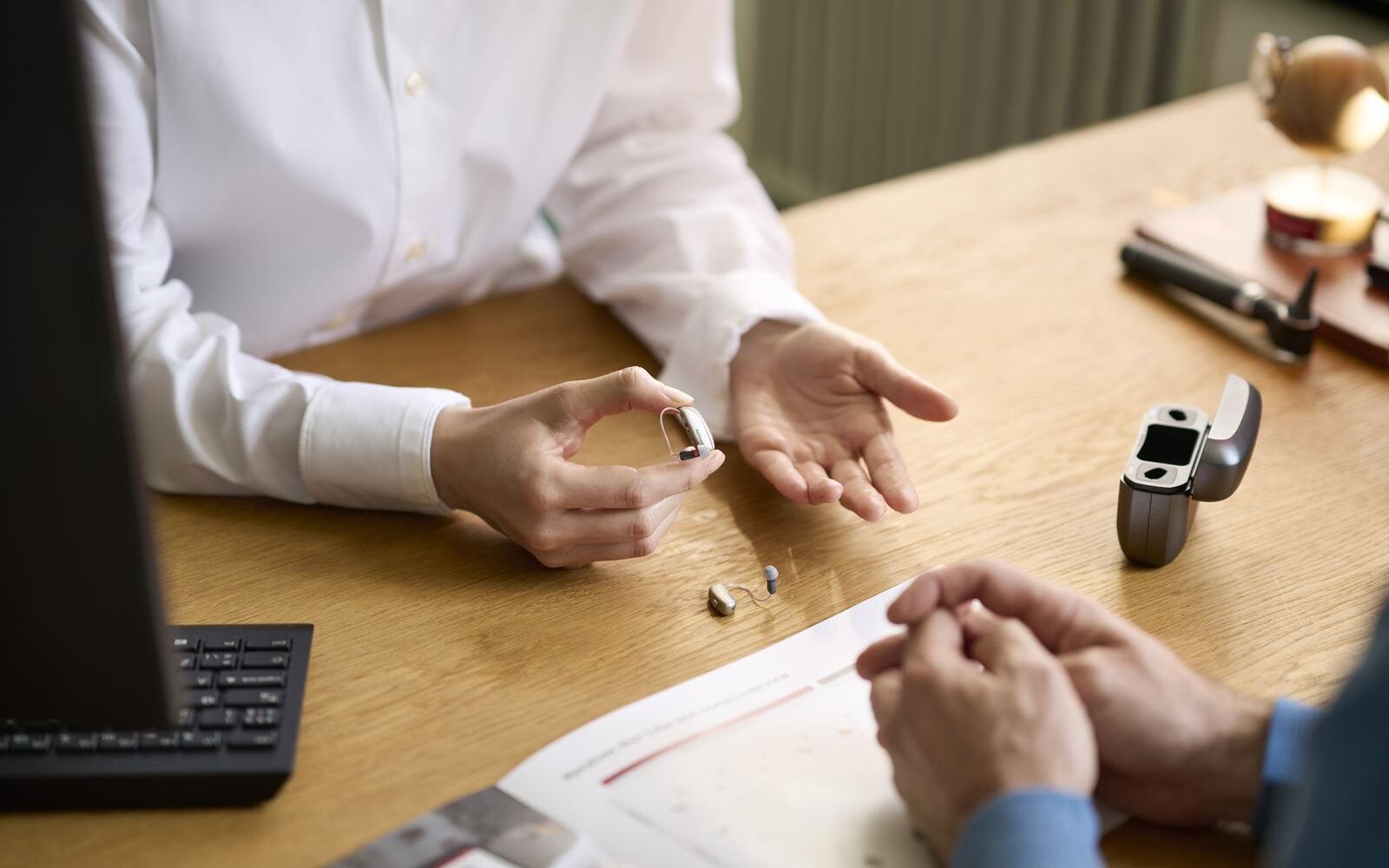Maximizing Your Hearing Aid Experience: Advanced Features You Didn’t Know About
Hearing loss can be challenging, but with the right tools and guidance, it
During the month of April BOGO 50% OFF a set of Premium Hearing Aids! Schedule Now →


Hearing loss can be challenging, but with the right tools and guidance, it

Proper maintenance of your hearing aids is crucial to ensure they function

Watching television is a cherished pastime for many, offering